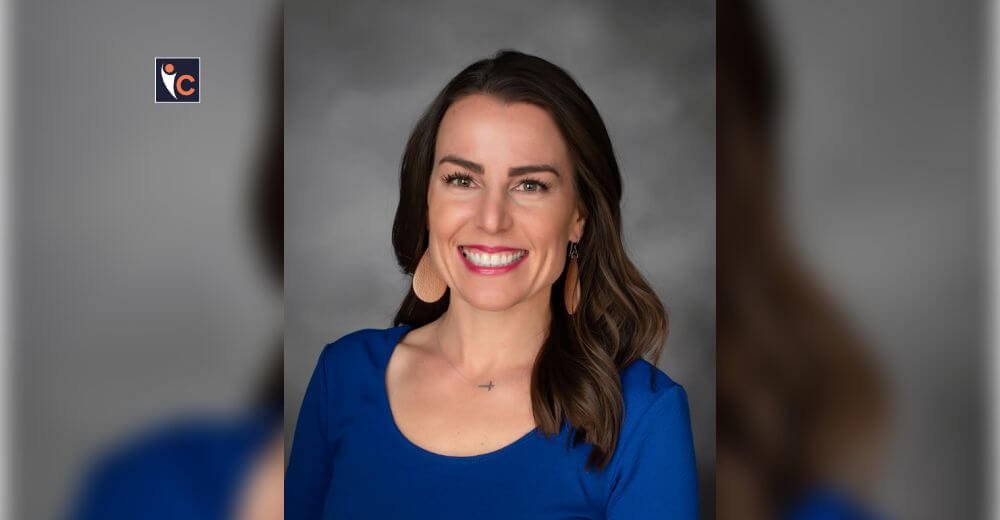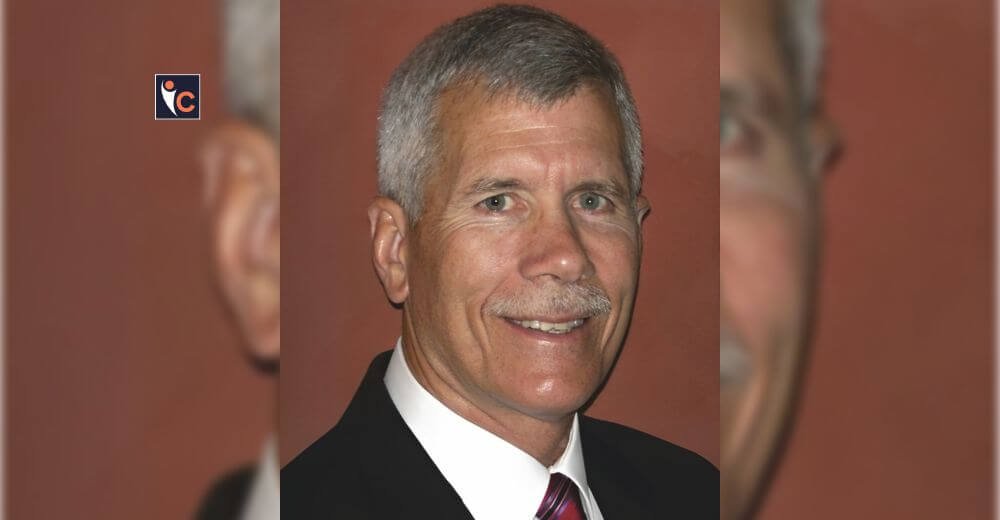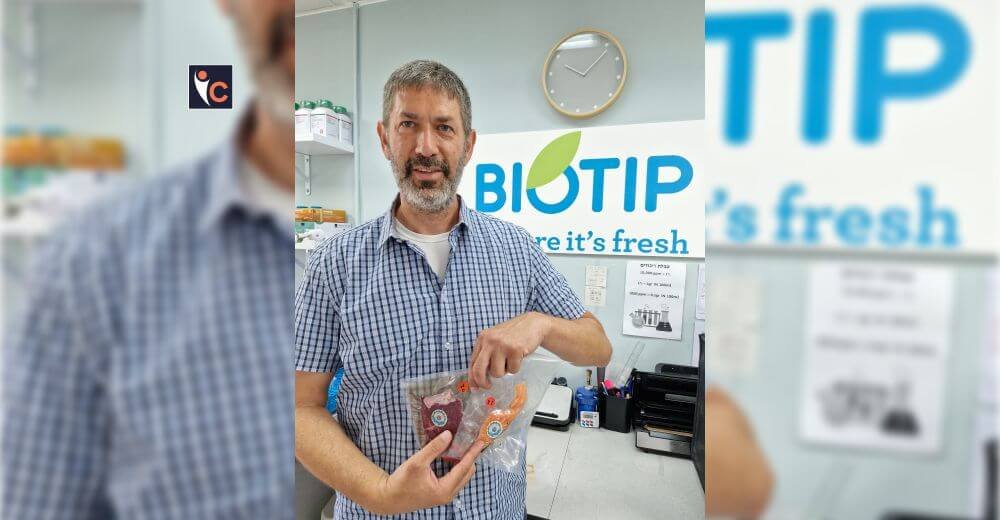When it comes to addiction, the individual must seek appropriate treatment that challenges his unhelpful coping mechanisms and encourages him to adopt a healthy lifestyle.
David Briskham, the Managing Director at Twin Rivers Addiction & Mental Health Centre understands that the process of recovery involves tapping into one’s fears and identifying major blocks that could keep a patient stuck. Having trained as a Chemical Dependency Counsellor, he is committed to assisting people to kick the habit using treatments that are individually tailored for each client.
Since March 2011, he has been assisting several international and South African clients and their families at Twin Rivers, who suffer from Addiction and Mental Health Disorders. With his dedication and empathy for patients, Twin Rivers has grown into an internationally recognized Dual Diagnosis Treatment Centre to support the vulnerable through specialized and individualized treatment plans.
In an interview with Insights Care, David shares his journey through supporting those who suffer from addiction.
Following are excerpts from the interview.
Kindly tell us the source of inspiration. What led you to venture into rehabilitation and recovery for addiction?
It was suggested about working in the field of addiction by a therapist when I attended rehab myself in 1995. I am now 27 years in recovery!
Brief us about yourself and shed some light on your journey towards becoming a part of the organization.
I got trained as a chemical dependency counsellor in the UK Qualifying in 2001. Then I was offered a job here in South Africa and I was not overly impressed with the quality of client care which led to me opening my addiction treatment centre in 2011.
What roles and operations do you play at the organization? How do they contribute to delivering the type of care that patients need, those who suffer from Addiction issues?
I am the managing director, counsellor, lecturer, trainer, and line manager. It is my responsibility to train and support the clinical team on how to create and maintain a healthy recovery culture which is regularly negatively impacted by clients’ naivety, immaturity and a variety of anti-social behaviours both conscious and subconscious.
The trauma-informed multidisciplinary team respects client individuality and the fact that every addiction has similarities and significant differences—that need to be acknowledged as part of the healing process.
What is your opinion, are some of the psychological tools and tactics implied to best treat and support addiction behaviours? Why is support essential for recovery from addiction? What are your thoughts on AA meetings?
Appropriate challenging plays a big role in helping clients to understand how certain behaviours do not serve them well. Supporting the fear of change is imperative as this is a major ‘block’ as well as overthinking other people’s needs and not their own. This is known as codependency.
As a personal growth tool, I think AA is extremely important. Early recovery is synonymous with a poor self-identity and so regular attendance, over time helps with this.
Tell us about different services and goals that you look after when treating different addiction issues like drugs, cigarettes, alcohol, etc. Is every treatment plan tailor-made? What common elements do you ensure to tap into when treating individuals?
All clients have an individualised treatment plan. Clients may all be at Twin Rivers for similar reasons but going forward, all clients’ medical and psychological needs vary a lot.
Common traits are anti-social, passive-aggressive behaviours that are present in all clients. A passive, people-pleasing client is just as manipulative and challenging to treat just as much as an angry and resentful client. Shame and guilt and grieving also play a large role. Yes, clients grieve their addiction and years lost in life!
What specific R&D operations are you leading at present? Why do you find those essential?
Keeping up with the needs of the modern-day, post covid client requires us to research modalities and develop the client programme accordingly. More recently we added TRE, Trauma Release Exercises which assists those with deep trauma wounds. We spend quite a bit of time researching various types of trauma as this is a realistic gateway to all addictions. Personal development is forever ongoing as a key ingredient in being an effective therapist.
What endeavours are you currently pursuing to improve treatment and care measures for your patients?
Currently, we are looking to employ a new team member, probably a trainee as Twin Rivers assists interns. We are also addressing external client activities and always looking for new or different opportunities.
I was recently offered the full use of a wildlife park as a venue for another treatment centre. I doubt I will go that route as this presents a logistical nightmare but still nice to be asked.
What are some of the challenges you face when conducting operations and how do you turn them into opportunities for growth?
Twin Rivers has a ‘warning system’ for behavioural issues which is non-punitive and turned into a personalised assignment so that the client has an opportunity to see how their behaviour impacts themselves and others! Rarely has the warning system led to a clinical discharge.
Twin Rivers is a Dual Diagnosis centre and so we are constantly dealing with mental health disorders, such as depression and personality disorders such as BPD. Working with addiction and mental health simultaneously allows clients to learn the severe impact trauma and substance abuse has and how this can impact people in many different ways.
What advice would you like to give to budding entrepreneurs and enthusiasts who desire to venture into the treatment of addiction?
Don’t do it! Just Kidding. There is no shortage of people, on all levels, who work in the field of addiction and mental health and find themselves thinking ‘If I knew then what I know now.’ This field of work attracts codependents and those with a ‘desire’ to help others. In other words, their self-worth is created through helping others!
Like myself, many, but not all addicts go into this field in the short or long term feeling that there is not much of an option to do anything else! Also, entering the field of addiction is perhaps felt to be a good way to stay clean!
Unfortunately, the addiction and mental health world are not quite what it may seem from the outside. An example of this would be client trafficking whereby a clinician “sells” clients to rehab in return for cash! Like all businesses, addiction has its tasteless side where staff are abused, working long hours and filling staffing positions that they are not ready or trained to cover. The list is endless. I just have to focus on keeping my side of the street clean and quietly lead by example.
How do you envision scaling your services and operations in 2023 and beyond?
The first half of this year is about continuing to repair the financial and psychological damage that the pandemic created for Twin Rivers and its staff. Also continuing to work on creating new collaborations and ensuring that the websites are in good shape as they both need constant attention and I get a lot of help with content writers etc. Occasionally, As I wrote earlier, there are potential growth opportunities that pop up but I have discovered that it does not always go well if you take your eye off the ball you are already rolling!










